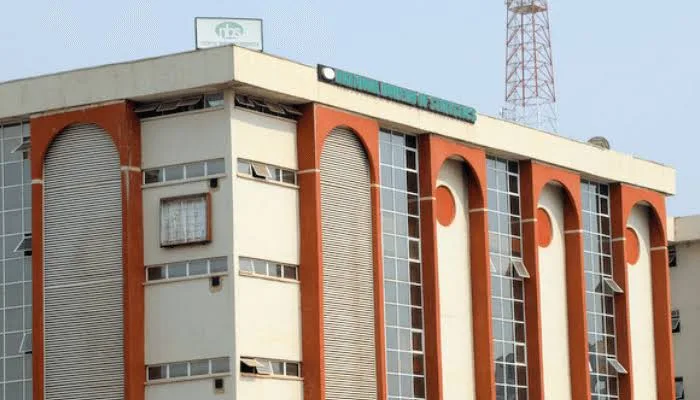A new survey by the National Bureau of Statistics (NBS) has revealed that two-thirds of households in Nigeria are unable to afford healthy and nutritious meals due to financial constraints.
The survey, titled “Nigeria General Household Survey – Panel (GHS-Panel) Wave 5 (2023/2024), highlights the widespread issue of multidimensional poverty in the country and the adverse impact of the ongoing decline in Nigerians’ purchasing power, driven by rising costs of goods and services.
The survey also sheds light on other challenges, including frequent power outages, with households experiencing an average of 6.7 power blackouts per week.
On food insecurity, the report found that nearly two-thirds of households reported being unable to access healthy, nutritious, or preferred foods in the last 30 days due to lack of money. Specifically, 63.8% of households consumed only a limited variety of food, 62.4% expressed concern about not having enough food, and 60.5% ate less than they felt was necessary. The proportion of households worried about food shortages increased significantly between Waves 4 and 5, from 36.9% to 62.4%.
Regarding energy access, the survey revealed stark disparities, with 82.2% of urban households having electricity, compared to just 40.4% in rural areas. Furthermore, many households rely on traditional cooking methods, such as three-stone stoves (65%), using wood as fuel (70.2%), although the use of liquefied petroleum gas (LPG) is on the rise.
The survey also highlighted poor sanitation and water access, with many households lacking proper toilet facilities and relying on tube wells or boreholes for drinking water. Waste disposal is mostly informal, with 45.6% of households using bushes or streets.
In terms of asset ownership, the survey noted a decline in overall asset ownership since 2018/19. However, two-thirds of households own mobile phones, and 21.3% have access to the internet. Notably, 70.4% of households own their homes, with rural ownership significantly higher (80.1%) compared to urban areas (49.1%).


